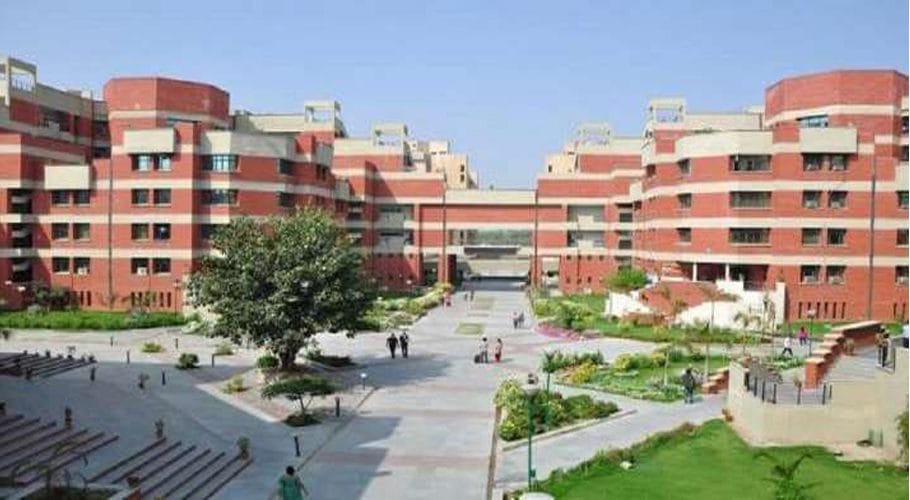The resignation of Union Minister Harsimrat Badal indicates an unusually strong stance by his party, Shiromani Akali Dal, against an initiative by his longtime ally, the BJP. His resignation was to protest against three ordinances:
- Agricultural and Agricultural Trade (Promotion and Facilitation) Ordinance, 2020;
- Agreement with farmers (empowerment and protection); and
- The Essential Commodities Ordinance (Amendment) 2020, enacted by the NDA government, which has now submitted bills to Lok Sabha to replace them.
- Akali Dal President Sukhbir Badal said the party had never been consulted on the ordinances and that Harsimrat, his wife, had informed the government of the farmers’ reservations. Farmers in Haryana and Punjab have mobilized against the ordinances / bills. The party voted against the bills. Less than a month ago, the Akalis had complied with the ordinances.
- Just before a one-day session of the Punjab Assembly on August 28, Sukhbir Badal published a letter from the Union Minister of Agriculture, Narender Singh Tomar, in which he said that the practice of buying grain at a minimum price Sustainability (MSP) will remain unchanged. He accused Chief Minister Amarinder Singh of misleading farmers. Now the two speak in unison against the ordinances.
What explains the opposition of the Akalis?
- The peasantry forms the backbone of the Akali Dal voting bank in Punjab. Earlier this week, Sukhbir Badal said: “Every Akali is a farmer and every farmer is an Akali.”
- Farmers unions across the state have sunk their political differences to unite against the ordinances.
- Residents of the Malwa belt have warned that they will not allow any chiefs who support the ordinances to enter their villages.
- The centennial party, which did its worst in the 2017 Assembly elections with just 15 of 117 seats, cannot risk alienating its main electorate.
- Political analysts believe this is a question of survival for the party that had two successive terms from 2007 before the defeat in 2017.
- The SAD-BJP alliance won only 15% of the seats. while Congress recorded its biggest victory emphatic since 1957.
What are the risks involved?
Farmers fear that they will no longer be paid in MSP, while commission agents fear losing their commission. According to a study by the Punjab Agricultural University, there are more than 12 billion farming families in Punjab and 28,000 registered commission agents.
- Much of the state’s economy depends on funds provided by central purchasing bodies such as the Food Corporation of India (FCI).
- Most of the wheat and rice grown in Punjab are purchased by or for FCI.
- During the 2019-2020 rabi marketing season, Punjab provided 129.1 lakh metric tons (LMT) of the 341.3 LMT of wheat purchased for the core group.
- In 2018-2019, it contributed 113.3 LMT of rice for a total of 443.3 LMT in the central reserve.
- Now protesters fear that the FCI will no longer be able to obtain mandis from the state, which will deprive the sloth / commissioner / arhatiya of his 2.5% commission.
- The state itself will lose the 6% commission it used to charge the buying agency.
How does this affect BJP and his connection to Akali Dal?
This will strengthen ties that have eroded for some time amid speculation that the BJP may flirt with an Akali separatist group led by MP Rajya Sabha SS Dhindsa, which the Modi government attributed to Padma Bhushan.
- Furthermore, together with Sukhbir, he has yet to demonstrate the persuasive powers of his father and the fivefold CM Parkash S Badal, who has kept the alliance together every day.
- But the bills will also affect the BJP’s predominantly urban voting bank, which includes commissionaires, and make it a weaker partner in the alliance. He will no longer be able to defend his demand for a higher proportion of assembly seats than the 23 there are.
- On the other hand, Akali Dal’s whip against his own alliance government could piss off the BJP in the Center.
Is this the first time Akali Dal has distanced himself from an NDA decision?
In January, the Akalis had supported a resolution of the Punjabi Assembly against the central law (amendment) on citizenship, after voting in favor of it in parliament.
- The party later decided not to fight in the Delhi Assembly elections due to its differences with the BJP on this issue.
- Earlier this week in parliament, Sukhbir Badal opposed the non-inclusion of Punjabi in the new Union Territory of Jammu and Kashmir language bill, claiming it is a spoken language by the inhabitants from the Khalsa Raj.










More Stories
Orissa High Court Criticizes OPSC for Flawed Evaluation in Judicial Exam
MAH CET Registration 2025: Extended Deadline and Key Details
CUET PG 2025 Registration Extended: Apply Before February 8